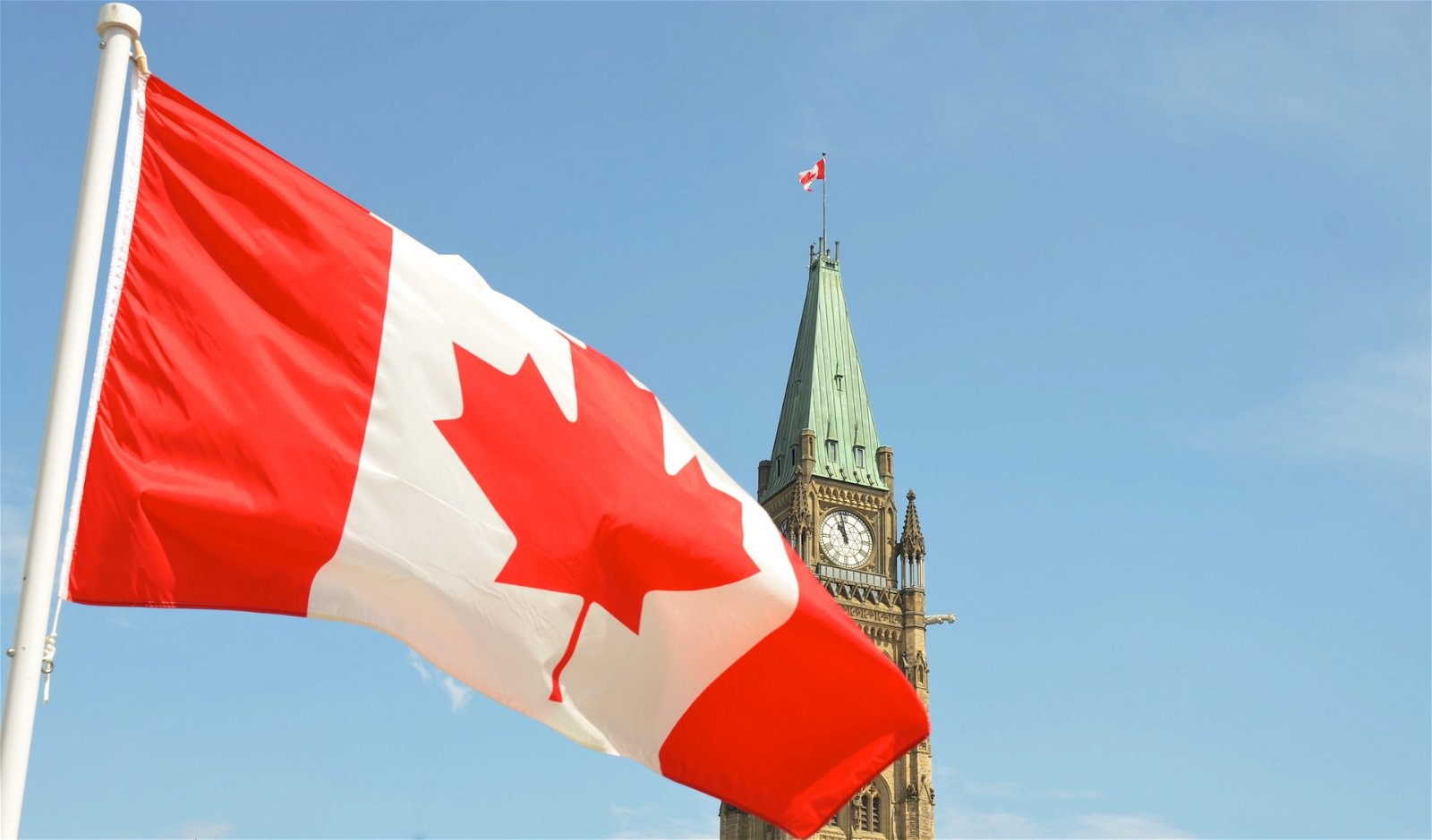Here’s a clean and structured tabulation of the listed Provincial Nominee Program (PNP) criteria for quick reference:
| Province | Basic Eligibility | Points Requirement | IELTS Requirement |
|---|---|---|---|
| Saskatchewan PNP (SINP) | Occupation in demand in Saskatchewan | 60 out of 110 | Minimum 4.5 bands |
| Manitoba PNP (MPNP) | Must have a connection (family, work, or study) in Manitoba | 60 out of 100 | Minimum 4.5 bands |
| Ontario PNP (OINP) | Must have Express Entry profile and CRS score of 400+ | 67 out of 100 | As per Express Entry |
| Alberta PNP (AAIP) | Must have Express Entry profile and CRS score of 300+ | 67 out of 100 | Minimum 6 bands in each |
| Prince Edward Island PNP | Must have Express Entry profile | 67 out of 100 | Minimum 6 bands in eachy |













